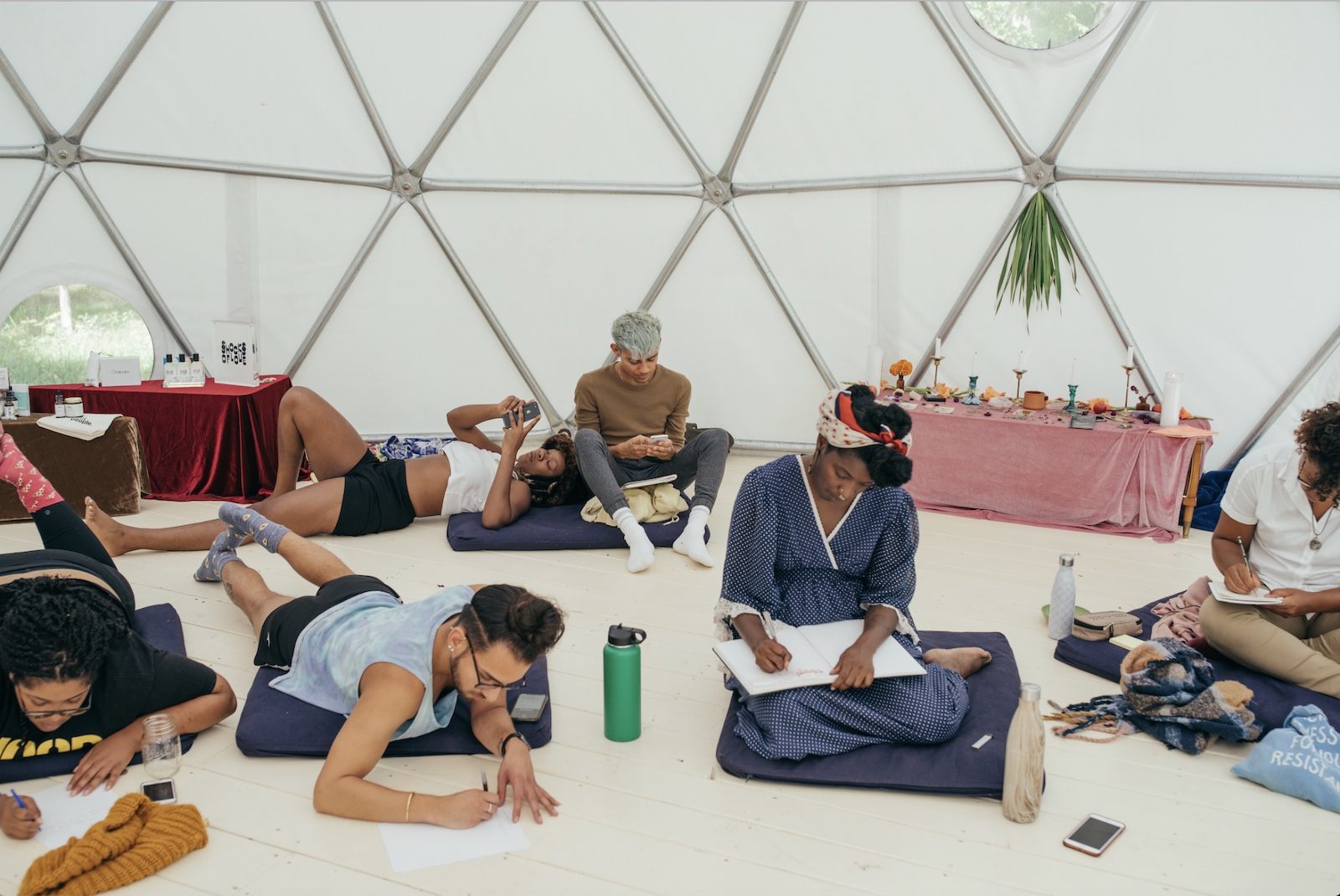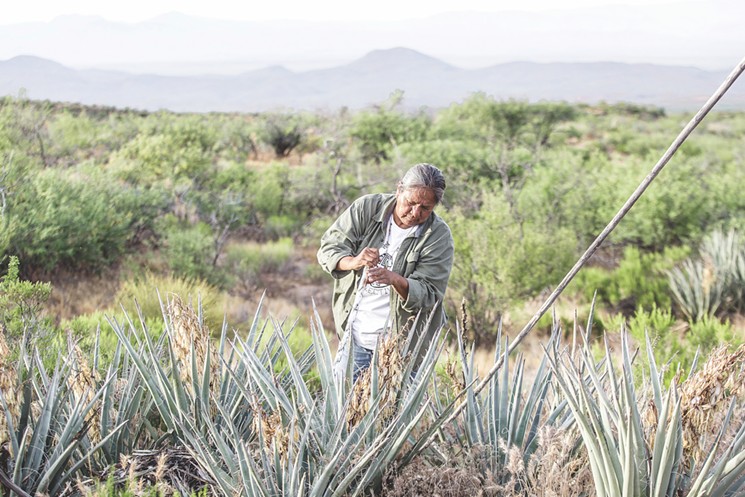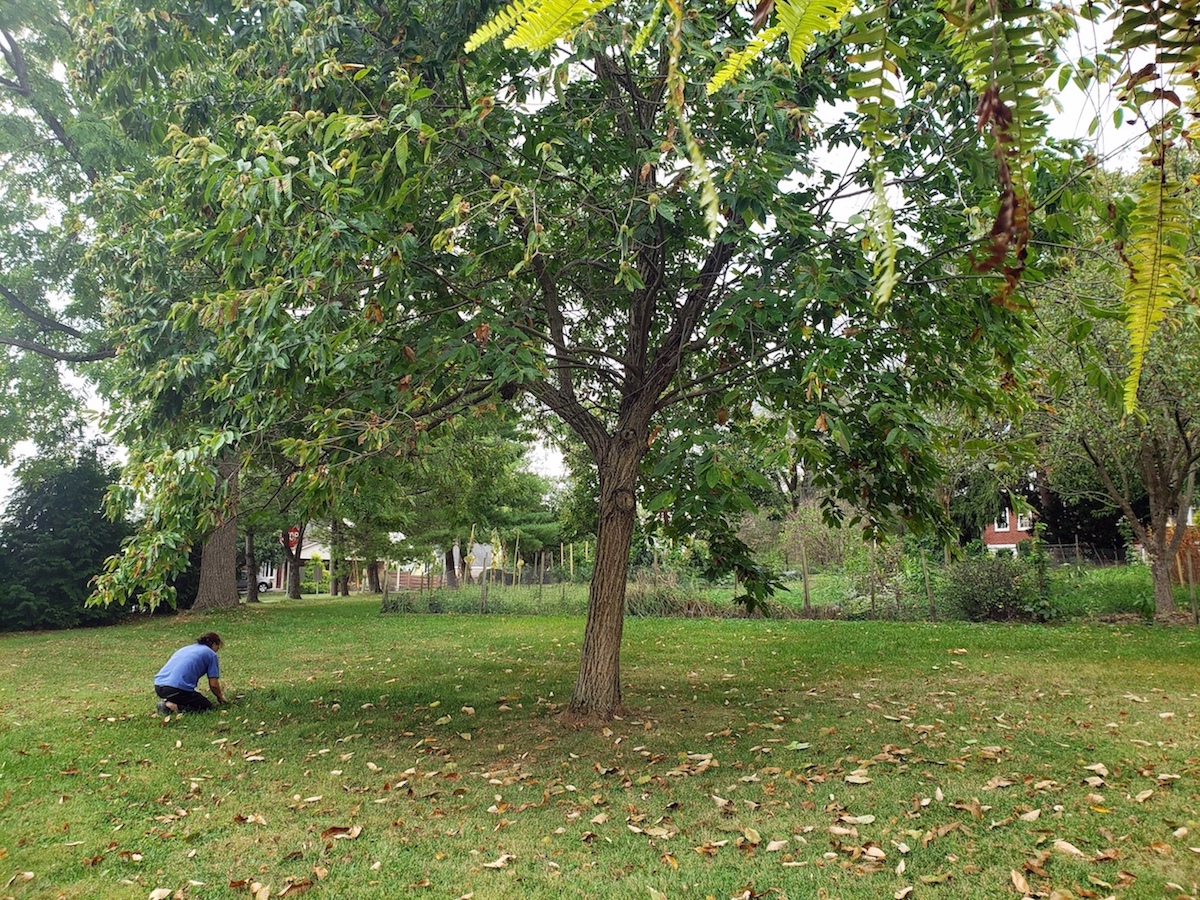Journalist Amy Wu first noticed a lack of female representation in agricultural technology when she visited conferences like the THRIVE Innovation Forum and looked around the room, realizing that she was often the only minority woman present. In an effort to take a stand against gender discrimination in technology, Wu decided to seek out women making space for themselves in the ag-tech field and share their stories. Although it took several months of searching, Wu eventually found women pioneering new ideas in agricultural technology, and she documented their perspectives on the field of ag-tech in her documentary From Farms to Incubators: Telling the Stories of Women Entrepreneurs in Ag-Tech.
The film highlights the work of entrepreneurs Diane Wu and Poornima Parameswaran, cofounders of Trace Genomics, Jessica Gonzalez and Rivka Garcia of HeavyConnect, Miku Jha of AgShift, and Le Thuy Vuong of Redmelon. Wu noted that women in ag-tech often have personal connections with agriculture, like Jessica Gonzalez whose parents worked as farm laborers after first immigrating to California, and later opened a produce company.
 Gac, or red melon, is rich in beta-carotene. Photo credited to audrey_sel.
Gac, or red melon, is rich in beta-carotene. Photo credited to audrey_sel.
Le Thuy Vuong, founder and CEO of The Redmelon Company, is driven by her desire to help rural mothers and children in Vietnam. While growing up in Vietnam, Vuong witnessed malnutrition and vitamin A deficiency among rural populations. Vitamin A deficiency can permanently damage the eyesight of women, and negatively affect the development of children. After getting her PhD in nutrition from the University of California, Davis, Vuong sought out an economically viable solution to vitamin A deficiency in rural areas. She discovered that red melon (also known as gac), a commonly grown fruit in Southeast Asia, is extremely rich in beta-carotene, a source of vitamin A. Vuong developed a process for extracting oil from the red melon, and founded The Redmelon Company to market her new oil. The Redmelon Company is both an entrepreneurship opportunity and a personal mission for Vuong.
The New Food Economy screened From Farms to Incubators as their first installment in a series of discussions around modern food systems last month. The event presented Amy Wu’s documentary alongside a moderated discussion about women in agriculture. As one of the panelists, Vuong described her difficulties finding funding for her venture as a minority woman pitching an idea to the primarily white, male figures that work in venture capital. It is obstacles for women in the ag-tech industry like this that Amy Wu hopes to shed light on through her documentary.















